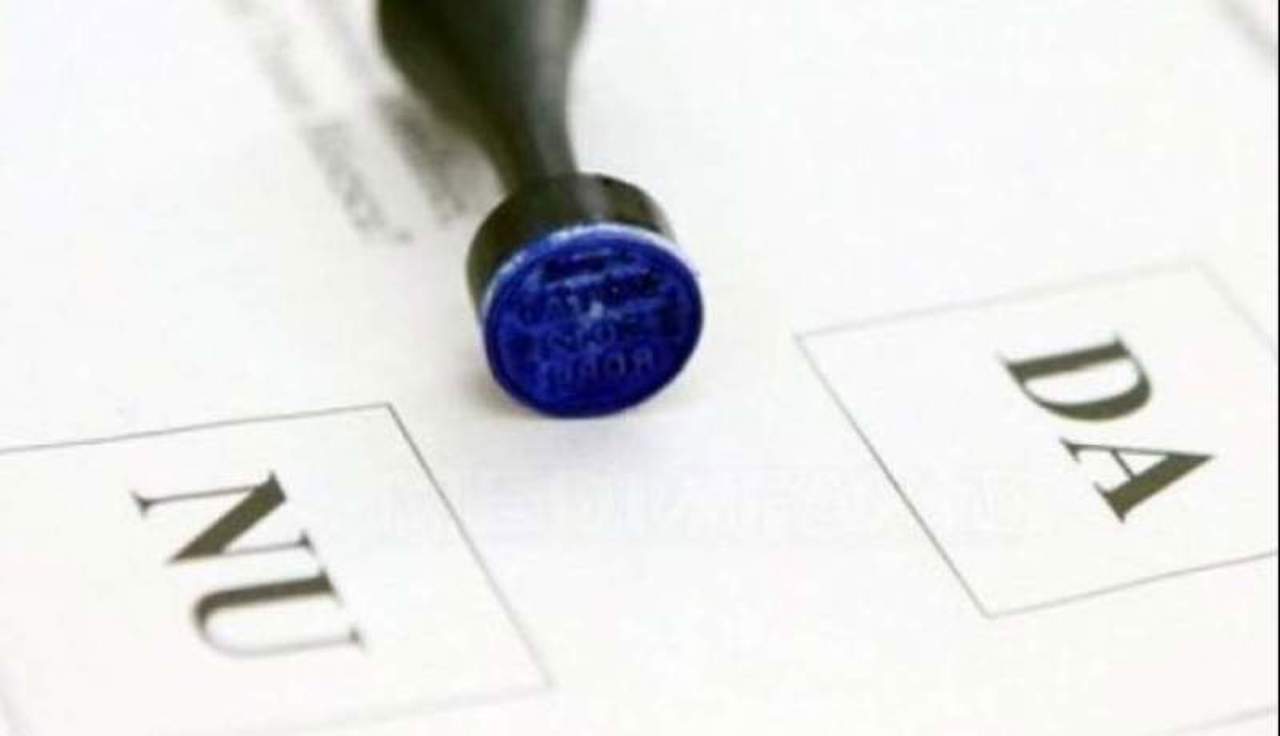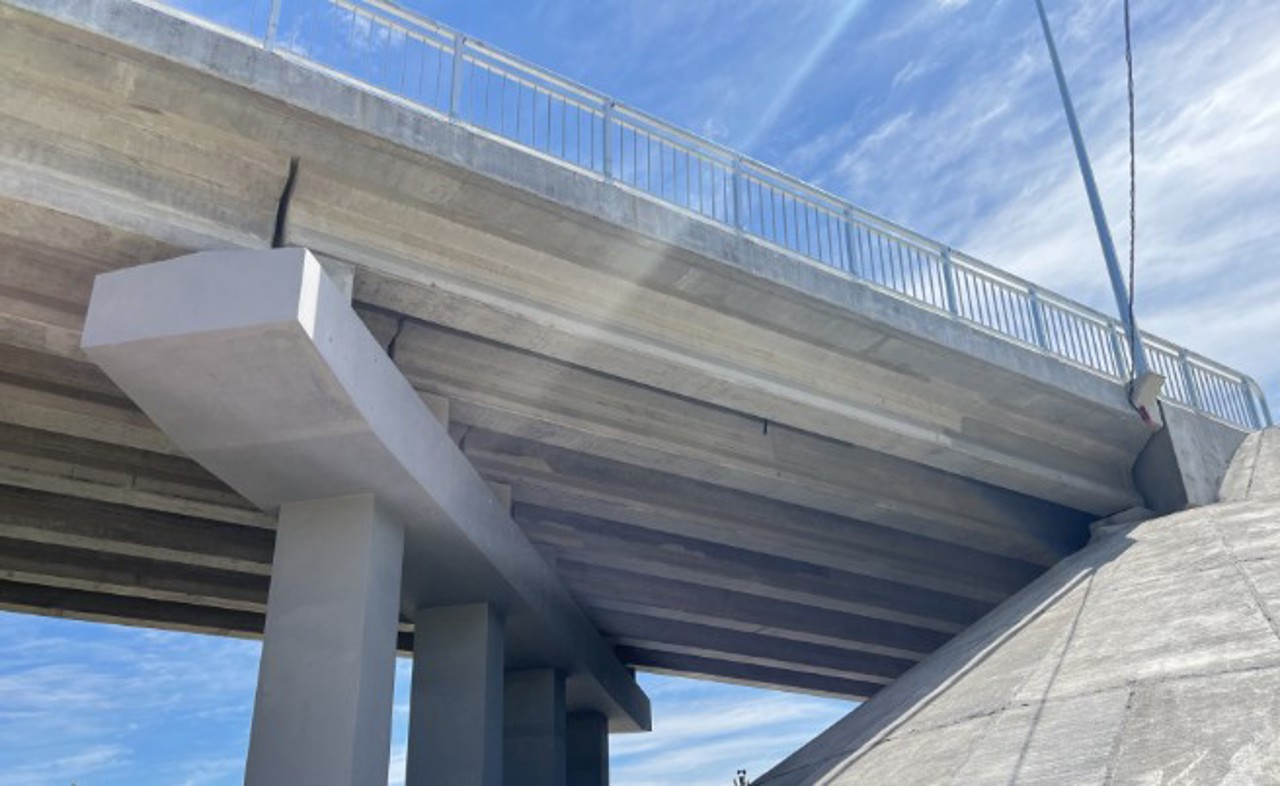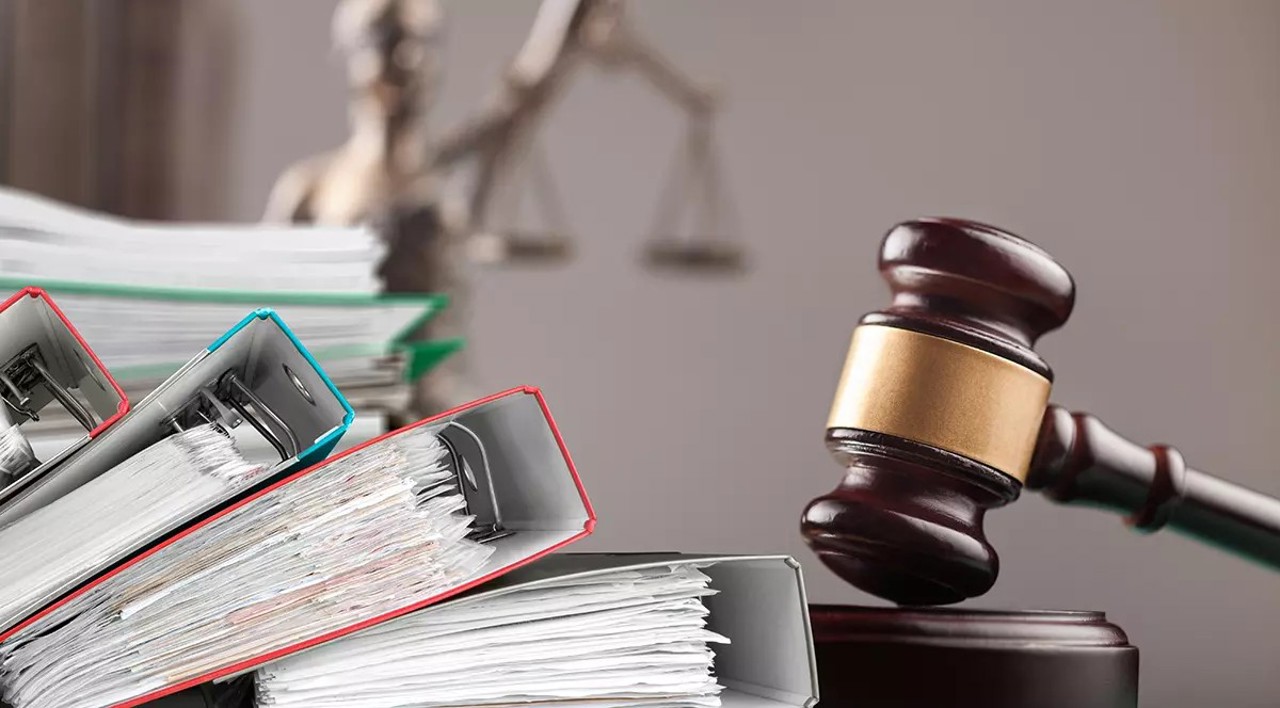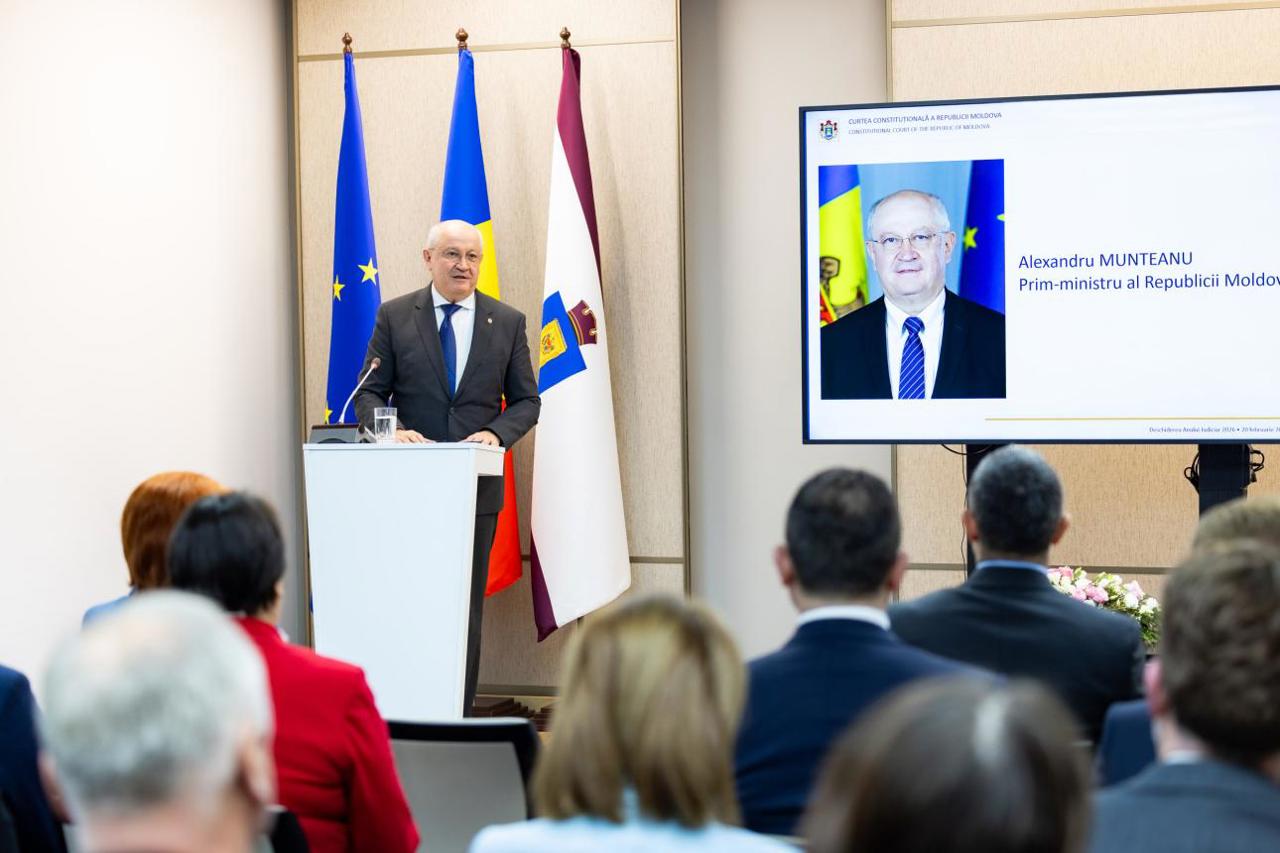Moldova merges elections & referendums: Efficiency or strategy
In a move with potential for logistical gains and political implications, Moldova's Parliament approved an amendment on December 30th allowing referendums to be held concurrently with parliamentary, presidential, and local elections.

Proponents, led by MP Veronica Roșca of the governing Action and Solidarity Party, highlighted increased voter participation and reduced costs as key advantages. "This eliminates the need for separate voting days, enhancing convenience for citizens and streamlining the process for the state," stated Roșca.
The amendment garnered broad support, transcending party lines. This cross-party backing suggests potential benefits for President Maia Sandu, who has strongly advocated for a referendum on Moldova's European integration aspirations. Sandu's potential alignment of the referendum with the 2024 presidential election could boost turnout for both events.
However, concerns have emerged regarding the amendment's timing and potential political motivations. Opposition figures, including historian and former MP Octavian Țîcu, view the move as a "government image-saving measure" and a veiled attempt by Sandu to secure re-election. Țîcu acknowledges the European precedent for post-communist referendums on EU accession but criticises the timing as potentially benefiting the incumbent president.
The Electoral Code mandates presidential elections within two months of a vacancy, with the Parliament setting the date at least 60 days in advance. Sandu's current term expires on December 23, 2024.
Translation by Iurie Tataru





